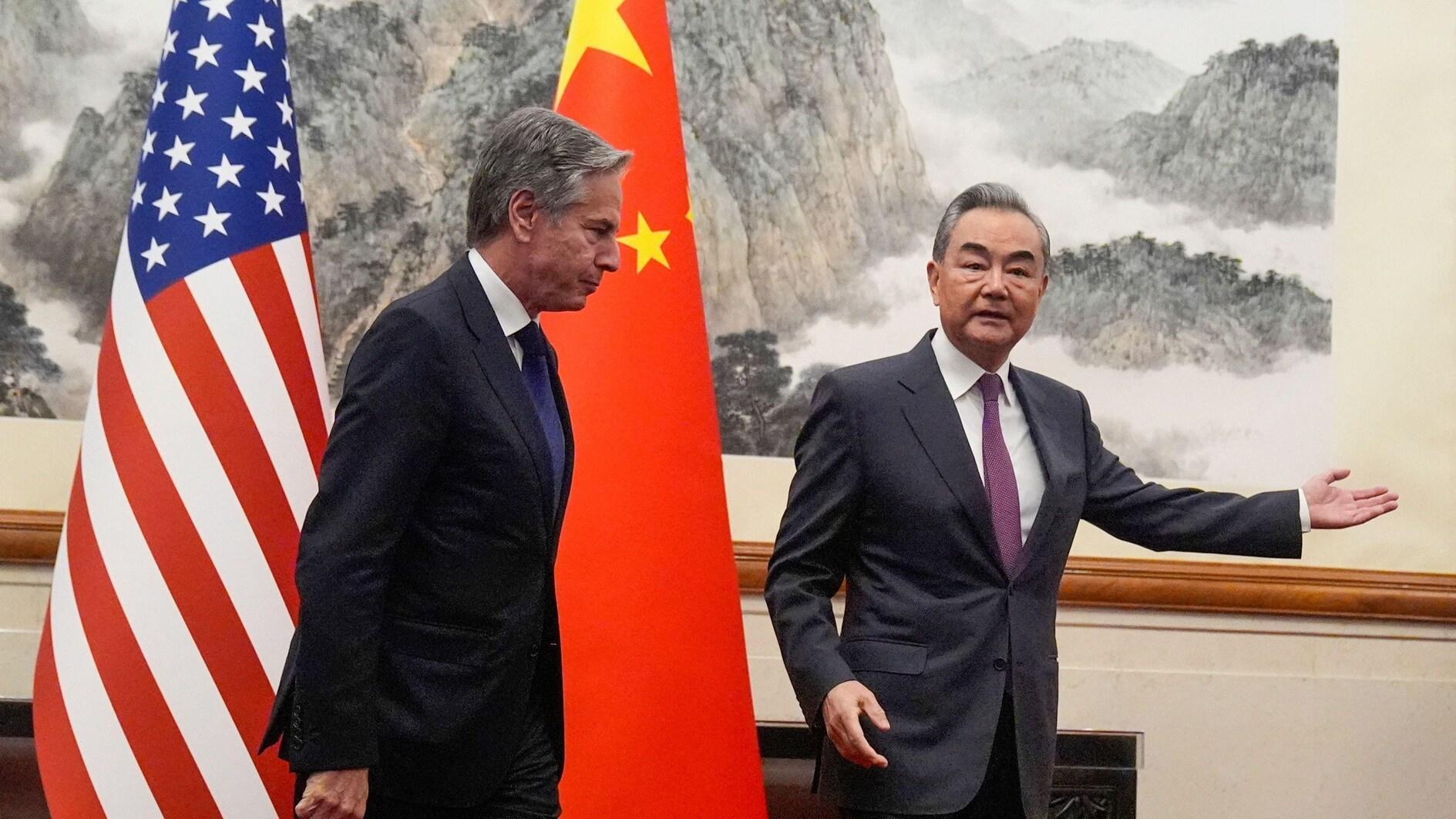For Turkey the danger comes from Muqtada al-Sadr, not al-Abadi
Sinan BAYKENT
“Withdraw your troops from Bashiqa with honor before you are kicked out by force,” said the Iraqi Shiite cleric Muqtada al-Sadr last Wednesday. For several weeks now, tension between Ankara and Baghdad has been climbing over the Turkish military’s presence in the Bashiqa camp.Since December 2015, Iraqi Prime Minister Haider al-Abadi’s reluctance concerning Turkish military presence in Iraq has become more and more visible. He has kept repeating that Turkish troops are not welcome in Bashiqa and stating that their presence on Iraqi soil is illegal, thus violating both international law and Iraq’s national sovereignty.
It is widely accepted that al-Abadi represents a “consensus performer,” dedicated to pleasing both the United States and Iran. Perhaps it is not surprising to hear al-Abadi’s recent verbal assaults on Turkey, and especially President Recep Tayyip Erdoğan, considering the fact that the Barack Obama administration seems to be somewhat upset by recent positive developments in Turkish-Russian bilateral relations.
One should also remember that Iran and Turkey, despite their mutual dialogue, represent two competing powers in the quest for regional hegemony. As a result, every move to destabilize their rival is valuable for both countries. As a result, Prime Minister al-Abadi’s stance on Turkey’s presence in Bashiqa is likely approved not only by the U.S. but also by Iran. His behavior is in line with what one might expect given his dual allegiance.
However, al-Sadr’s comments should be a greater concern for Turkey. With its nearly 50,000 men, the Mahdi Army controlled by al-Sadr is one of the strongest militias in the Middle East. Al-Sadr’s power lie mostly in its independence: He is neither loyal to Iran nor to any other state in the world. Despite many analysts’ assertions, al-Sadr is not a pawn of Iran. He is an Iraqi nationalist and his nationalism is fed through two distinct sources: An awareness of an independent Iraqi fatherland and secondly a Najaf-based Shiism. This second point is what marks a strict distinction between himself and Iran, the religious teachings of which are concentrated in Qom.
In Iraq, al-Sadr is not merely a “Shiite cleric,” he is a respected national leader who has the support of different sections of the population. Some Kurds and even a significant number of Sunnis have a favorable attitude towards al-Sadr.
As the Shiite and Kurdish coalition, backed by the West, started the Mosul offensive, Turkey’s role in the Middle East as a nation with a Sunni majority will certainly be amplified in coming months and years. In this sense, the Mosul offensive is critical. If the Iraqi army’s operation to retake Mosul from the Islamic State of Iraq and the Levant (ISIL) degenerates into a massacre of the local Sunni population, Ankara could even expand its military presence beyond Bashiqa and take action on his own.
However, until the evolution of the Mosul operation is seen clearly, Ankara should avoid any frontal confrontation, especially with any symbolic figure of Iraq’s Shiite politics.
It is widely accepted that al-Abadi represents a “consensus performer,” dedicated to pleasing both the United States and Iran. Perhaps it is not surprising to hear al-Abadi’s recent verbal assaults on Turkey, and especially President Recep Tayyip Erdoğan, considering the fact that the Barack Obama administration seems to be somewhat upset by recent positive developments in Turkish-Russian bilateral relations.
One should also remember that Iran and Turkey, despite their mutual dialogue, represent two competing powers in the quest for regional hegemony. As a result, every move to destabilize their rival is valuable for both countries. As a result, Prime Minister al-Abadi’s stance on Turkey’s presence in Bashiqa is likely approved not only by the U.S. but also by Iran. His behavior is in line with what one might expect given his dual allegiance.
However, al-Sadr’s comments should be a greater concern for Turkey. With its nearly 50,000 men, the Mahdi Army controlled by al-Sadr is one of the strongest militias in the Middle East. Al-Sadr’s power lie mostly in its independence: He is neither loyal to Iran nor to any other state in the world. Despite many analysts’ assertions, al-Sadr is not a pawn of Iran. He is an Iraqi nationalist and his nationalism is fed through two distinct sources: An awareness of an independent Iraqi fatherland and secondly a Najaf-based Shiism. This second point is what marks a strict distinction between himself and Iran, the religious teachings of which are concentrated in Qom.
In Iraq, al-Sadr is not merely a “Shiite cleric,” he is a respected national leader who has the support of different sections of the population. Some Kurds and even a significant number of Sunnis have a favorable attitude towards al-Sadr.
As the Shiite and Kurdish coalition, backed by the West, started the Mosul offensive, Turkey’s role in the Middle East as a nation with a Sunni majority will certainly be amplified in coming months and years. In this sense, the Mosul offensive is critical. If the Iraqi army’s operation to retake Mosul from the Islamic State of Iraq and the Levant (ISIL) degenerates into a massacre of the local Sunni population, Ankara could even expand its military presence beyond Bashiqa and take action on his own.
However, until the evolution of the Mosul operation is seen clearly, Ankara should avoid any frontal confrontation, especially with any symbolic figure of Iraq’s Shiite politics.











